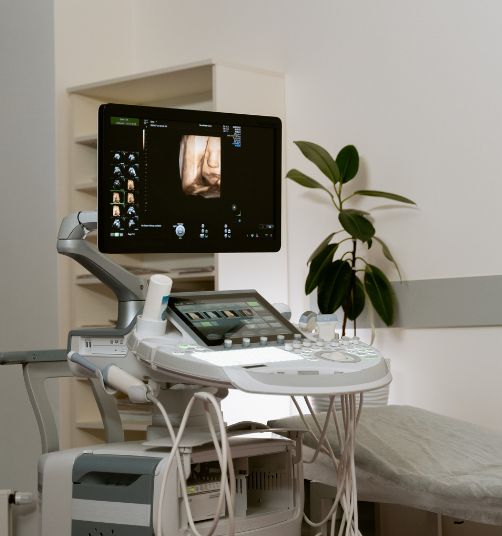You’ve gone through all the screenings and preparation, both physical and emotional. You’ve taken all the medications and supplements, passed all the tests, lined up your support system and now it’s here—the big day. Here’s what to expect.
Get some rest.
If you are traveling to the fertility clinic, you will probably stay overnight in a hotel to be rested and ready to go and have a place to rest afterward. Whether you a using a fresh or frozen embryo, the IPs will likely meet you at the fertility clinic to be present for embryo transfer.
Drink up.
You may be required to drink a lot of water before the transfer, so the doctor can see your uterus better via ultrasound. This can be uncomfortable so pay attention to the timing of your appointment and pace yourself accordingly.
Try to relax.
The specific clinic you use will have its own procedures in place, but here is a general sense of what the day will be like.
- You will not be placed under anesthesia for this procedure.
- You may be offered a Valium or similar medication to help you to relax.
- You will be asked to change into a gown and disrobe from the waist down.
- You will lie on a typical gynecological exam table, next to an ultrasound machine.
Looking at the ultrasound. The catheter looks like a thin straw with a bulb at the end.
The entire process takes just a few moments.
Most surrogates report little to no discomfort. Some may experience pinching or cramping, but most say it feels similar to a pap smear. Embryo transfer is a very safe and routine procedure, and side effects are rare, although you may experience some mild cramping.
Following the gestational surrogacy transfer
You may be required to lay flat on your back for an hour after transfer. You may be given a prescription for supplemental progesterone to support your early pregnancy. You will then return home or to your hotel room, and take some time to rest.
Take it easy.
The doctor may suggest you rest for one to three days to ensure implantation of the embryos which can occur as late as 72 hours after the transfer.
Resuming normal activities
Make sleep a priority and avoid potentially harmful substances, such as alcohol and tobacco, and any OTC or subscription medications that have not been cleared by the OB/GYN. You will most likely be asked to abstain from vigorous exercise and sexual intercourse for at least the first two weeks after transfer.
The pregnancy test
Pregnancy tests are typically performed via blood test two weeks after the embryo transfer. They are repeated every two days until a positive result is achieved.
Your doctor can provide additional details about what to expect. If you have any questions or are interested in becoming a surrogate, please contact the experts at Surrogate Solutions. We are here for you every step along the way.
We help Intended Parents Create Happy Families via Egg Donation & Surrogacy with the help of
caring Egg Donors & Surrogates.
Why use an agency, Surrogate Requirements, Can I be a Surrogate?, Facts about Surrogacy, Information on surrogacy, What our agency can offer you , Surrogacy FAQs, Families who need you, Learn more, Apply now.








